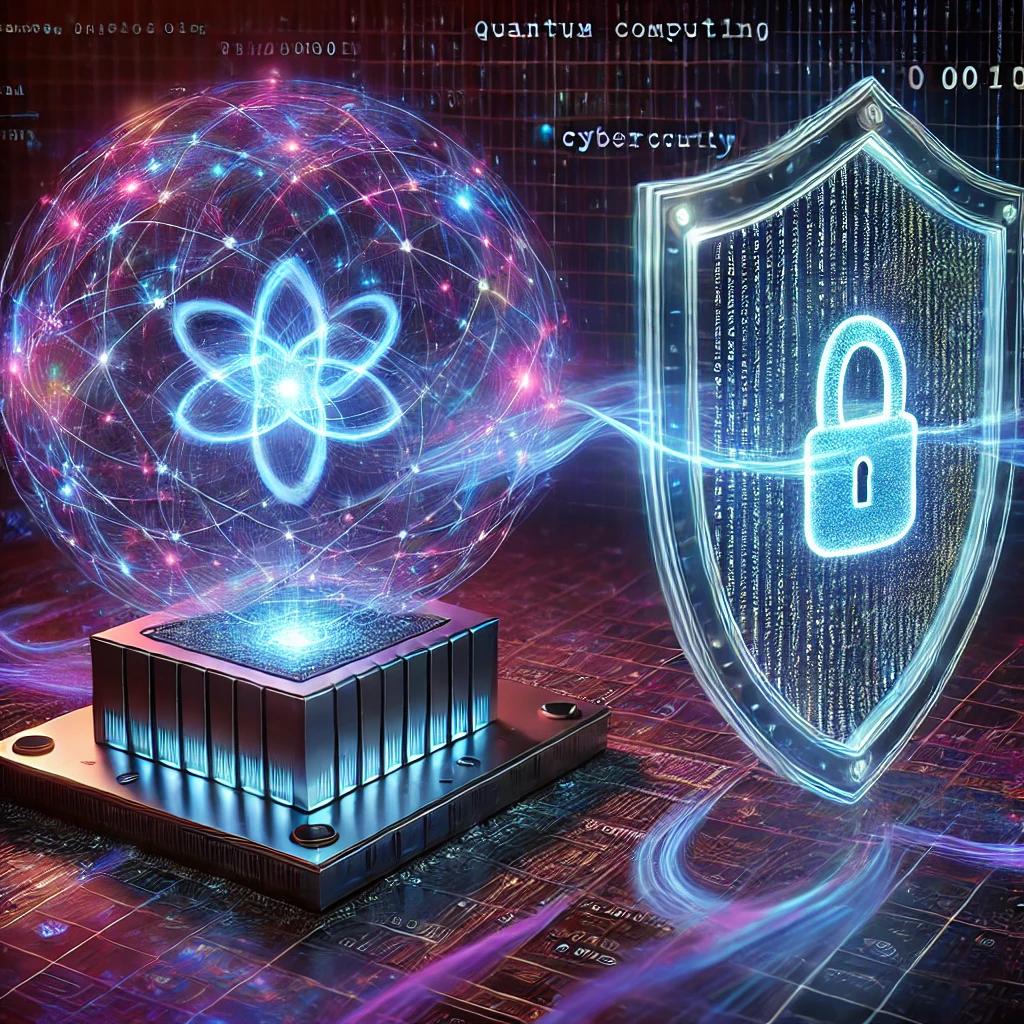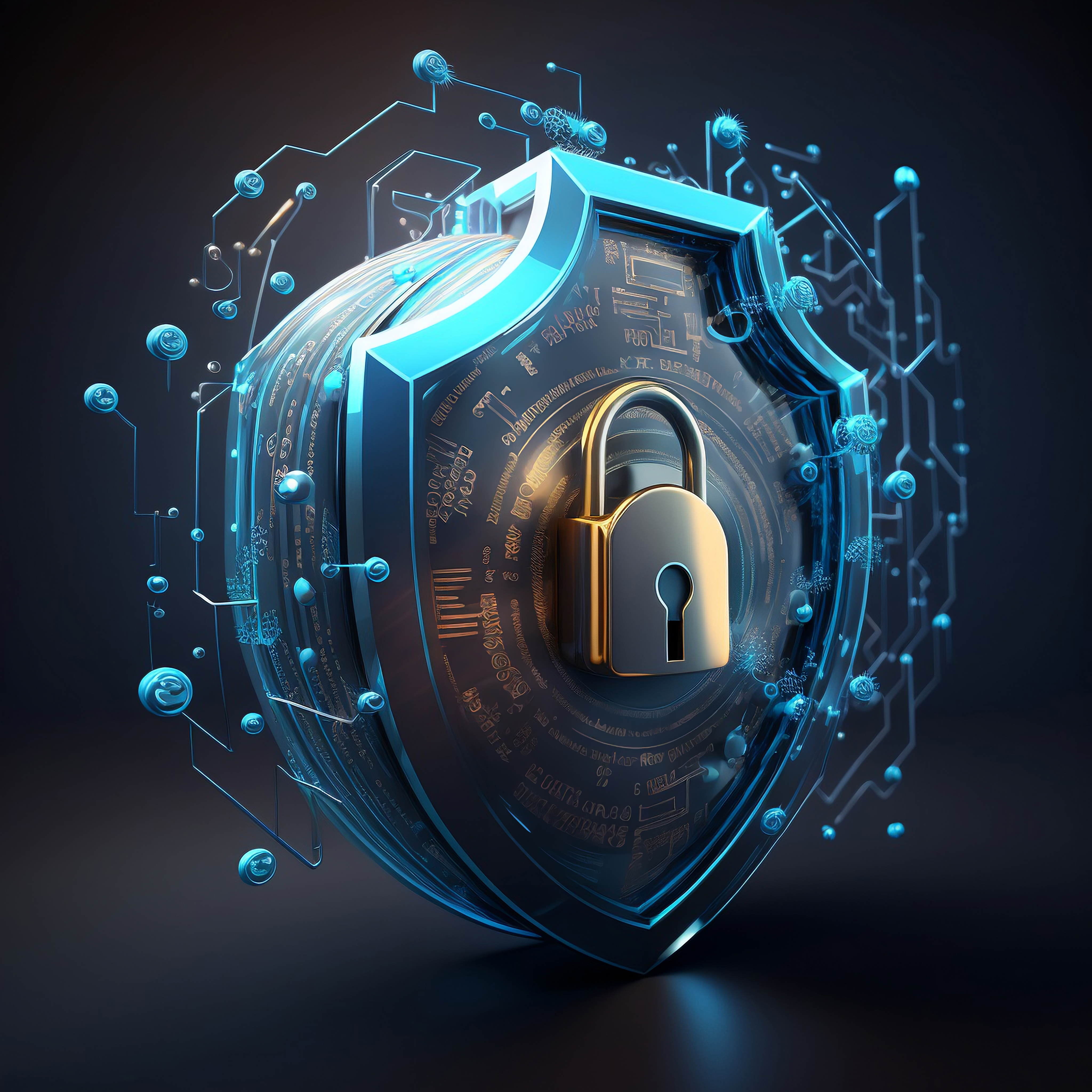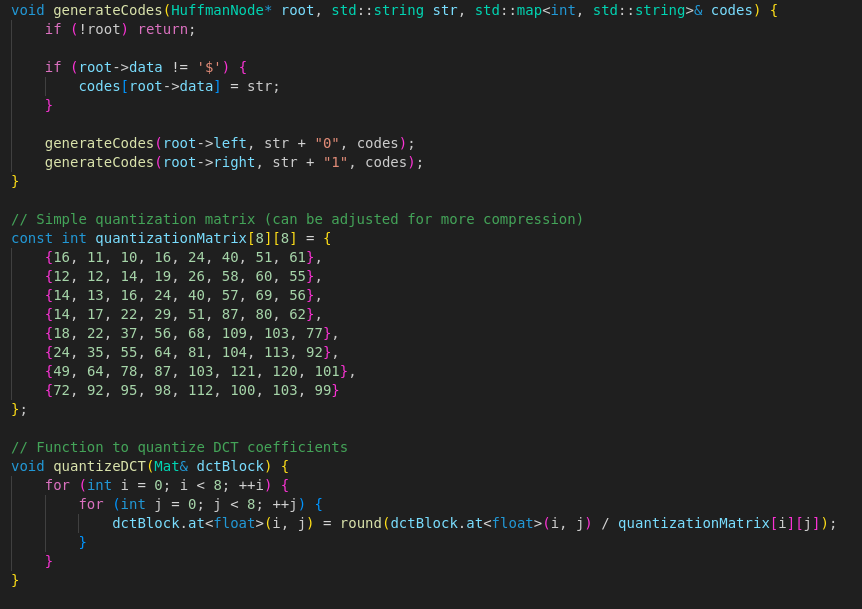The Role Of Quantum Computing In Cybersecurity

Quantum computing is no longer just a sci-fi concept; it’s becoming a reality with profound implications for cybersecurity. While quantum computers promise unparalleled computational power, they also pose significant risks to traditional encryption methods.
How Quantum Computing Works
Unlike classical computers, which use bits as 0s or 1s, quantum computers use qubits that can exist in multiple states simultaneously. This makes them exponentially faster at solving complex problems, including cracking encryption.
Quantum Threats to Encryption
Quantum computers could render current encryption methods, like RSA and ECC, obsolete, jeopardizing secure communications and data storage.
The Solution: Quantum-Safe Cryptography
Researchers are developing quantum-resistant algorithms to safeguard data against future quantum attacks. The National Institute of Standards and Technology (NIST) is already working on standardizing these methods.
Quantum’s Bright Side
Quantum computing isn’t all doom and gloom. It can strengthen cybersecurity by enabling faster threat detection, advanced simulations, and more secure cryptographic methods.
Conclusion
Quantum computing is a double-edged sword for cybersecurity, offering both challenges and solutions. The race is on to develop quantum-safe cryptography to secure a digital future where quantum computers coexist with classical systems.





















Comments